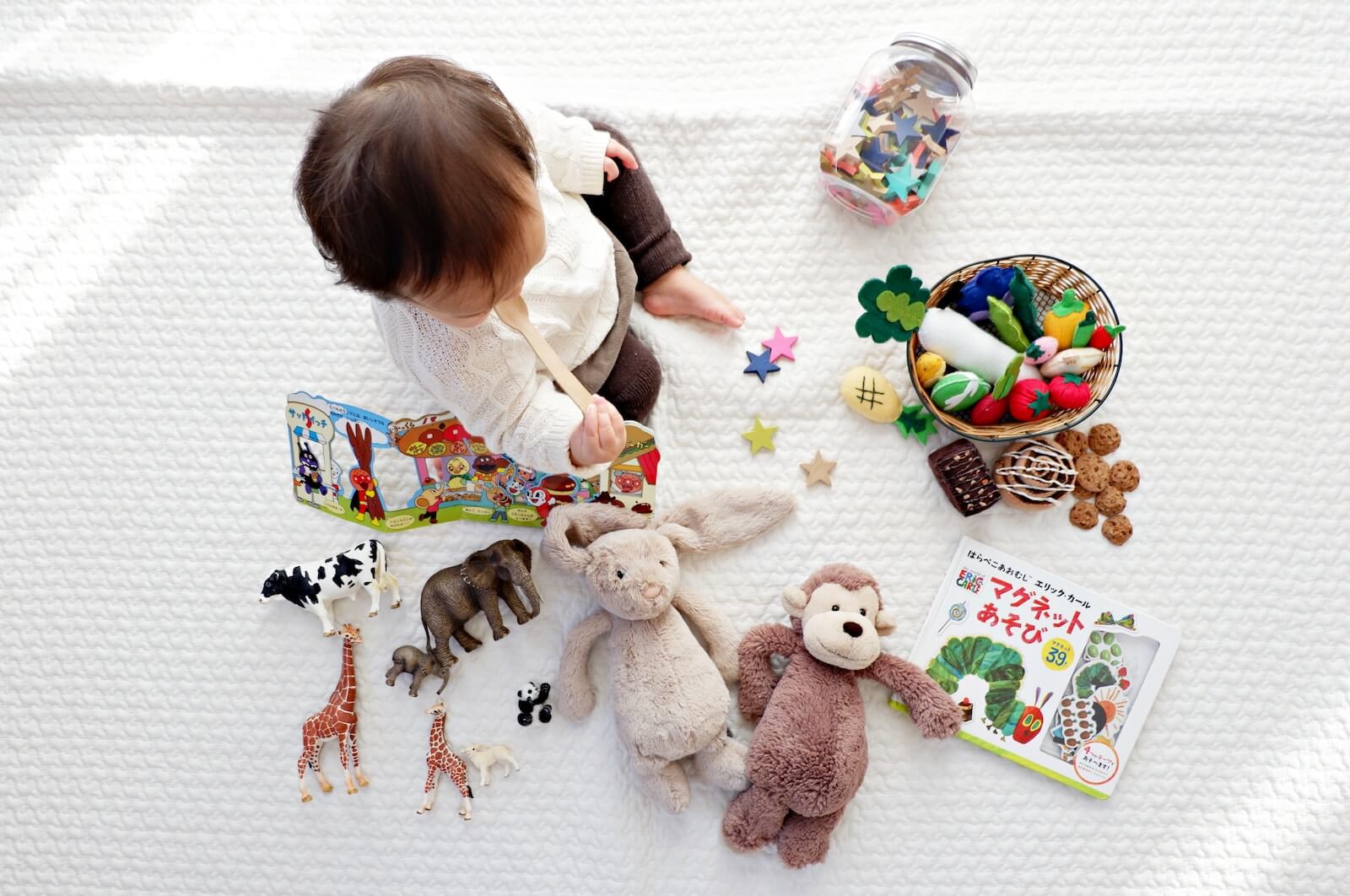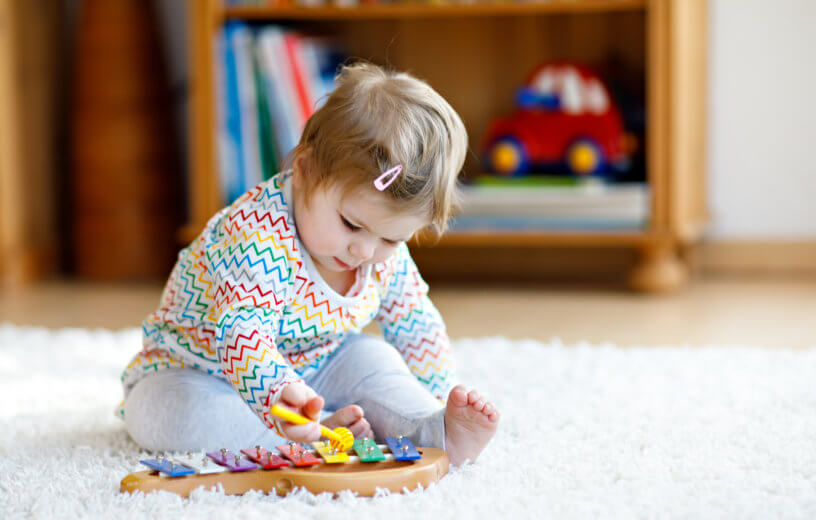LONDON — Playing is crucial for enhancing a toddler’s brain development, according to a leading child development expert. Drawing from recent discoveries in neuroscience and child development, Dr. Jacqueline Harding, an authority on early childhood from Middlesex University, explains that a child’s brain not only desires play but flourishes because of it.
“It seems that the young child’s body and brain are literally designed to be playful, and this is crucial for its development,” explains Dr. Harding in a media release. “At this very moment, his brain also starts to ‘jump’ and light up with joy as connections between neurons make impressive progress. Does this experience count as learning? Absolutely yes.”
In her new book, “The Brain that Loves to Play,” Dr. Harding blurs the traditional lines separating play and learning. She emphasizes play’s pivotal role in early education and the overall growth of a child. The book serves as a contribution to the evolving conversation on the care, education, and parenting of children from birth to five years-old.

According to the researcher, the neural pathways stimulated by play, particularly before age six, have a profound and enduring influence on a child’s future possibilities. She warns against straying from a child’s natural inclination to play, suggesting that it could rob them of essential learning experiences and growth opportunities.
“The young child’s brain and body are intrinsically designed for play. Children are naturally wired to play and any sustained deviation from this masterful design comes at a price,” Dr. Harding emphasizes.
The book also counters the longstanding perception of play as mere child’s recreation. Instead, she champions a comprehensive approach, recognizing play as a core element of child development. Additionally, Harding addresses the hurdles posed by the COVID pandemic, particularly its long-term effects on child mental health.
“As we emerge from a pandemic which has significantly impacted all our lives, there can be no better place to begin than considering how we can rewrite the narrative through support in the early years,” says Harding.
The book doesn’t claim to be a comprehensive account of scientific research. Instead, it’s a hands-on guide for adults keen on grasping the significance of play in the development of young children.
“It is my belief that a greater awareness of how we can support children is vital for all who care for young children,” Dr. Harding concludes.
You might also be interested in:
- Are jittery parents today taking all the fun out of their children’s play?
- Having unreliable parents leads kids to take fewer risks, learn less during childhood
- Children’s brains shaped by their screen time — that’s both good and bad
South West News Service writer Stephen Beech contributed to this report.
